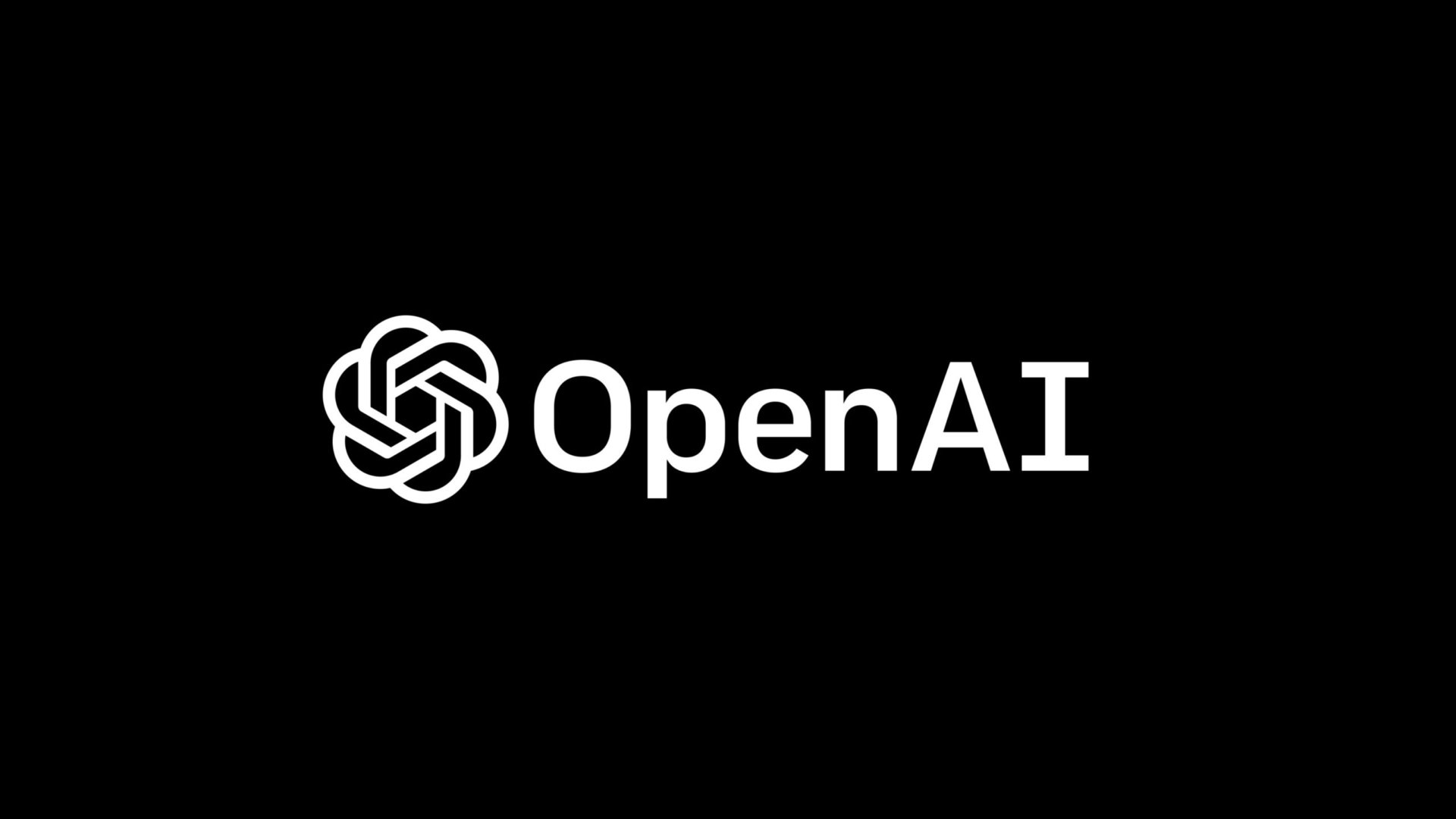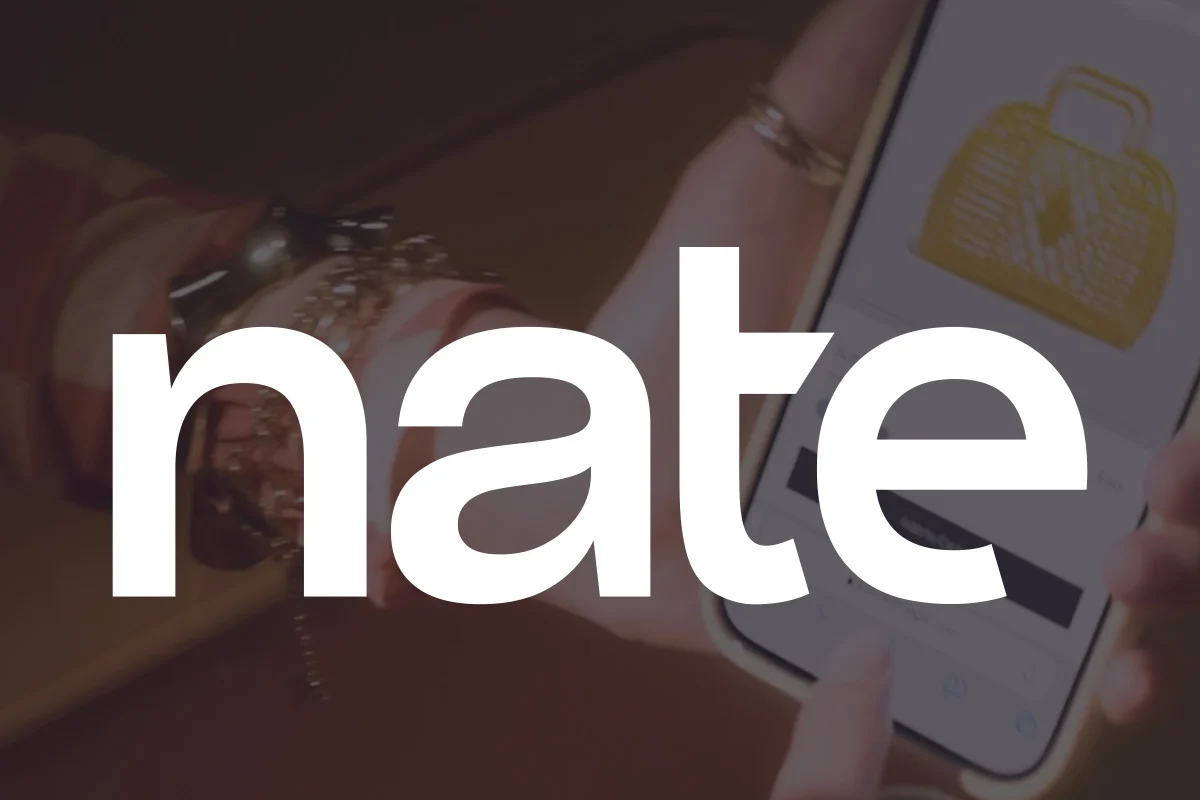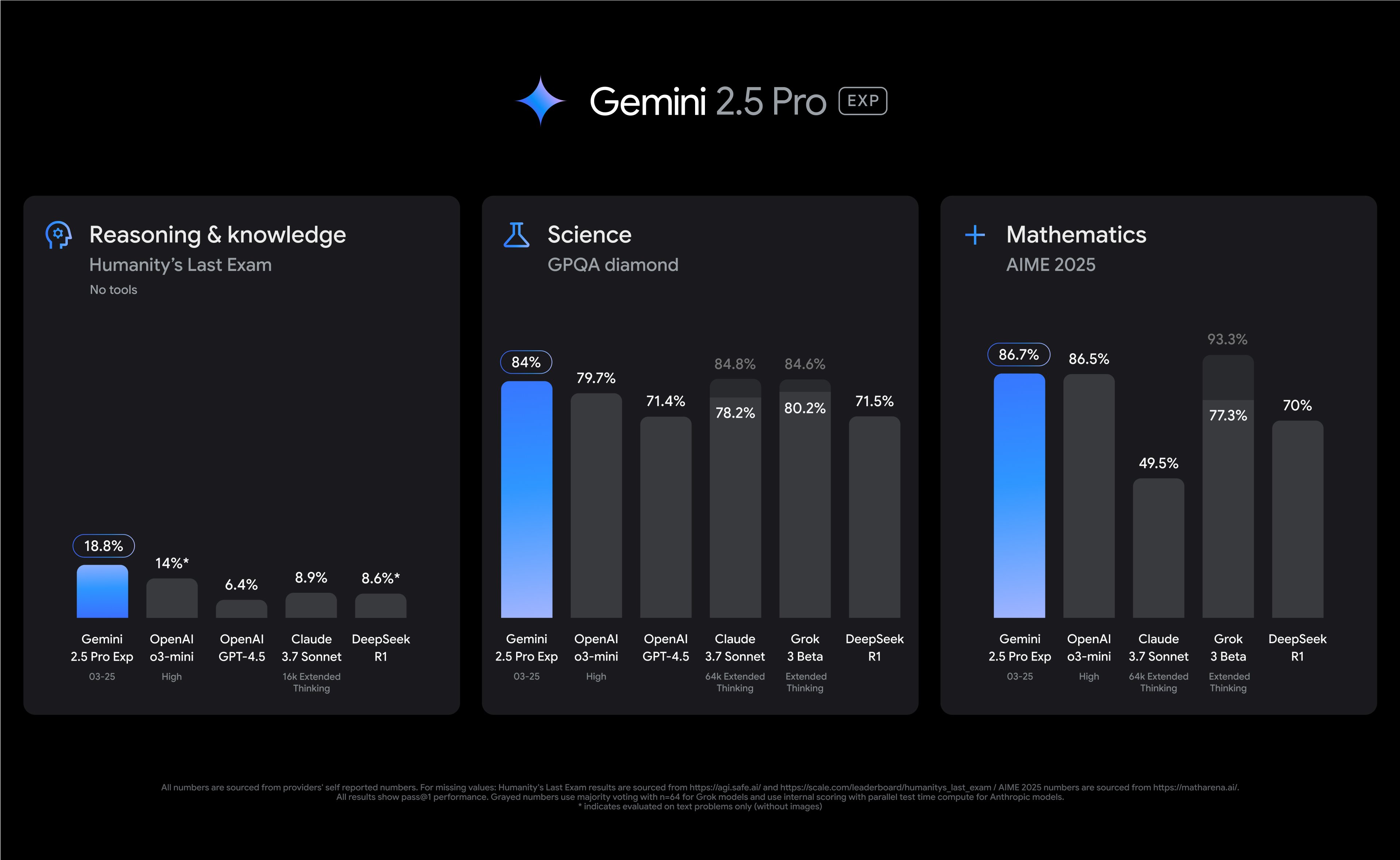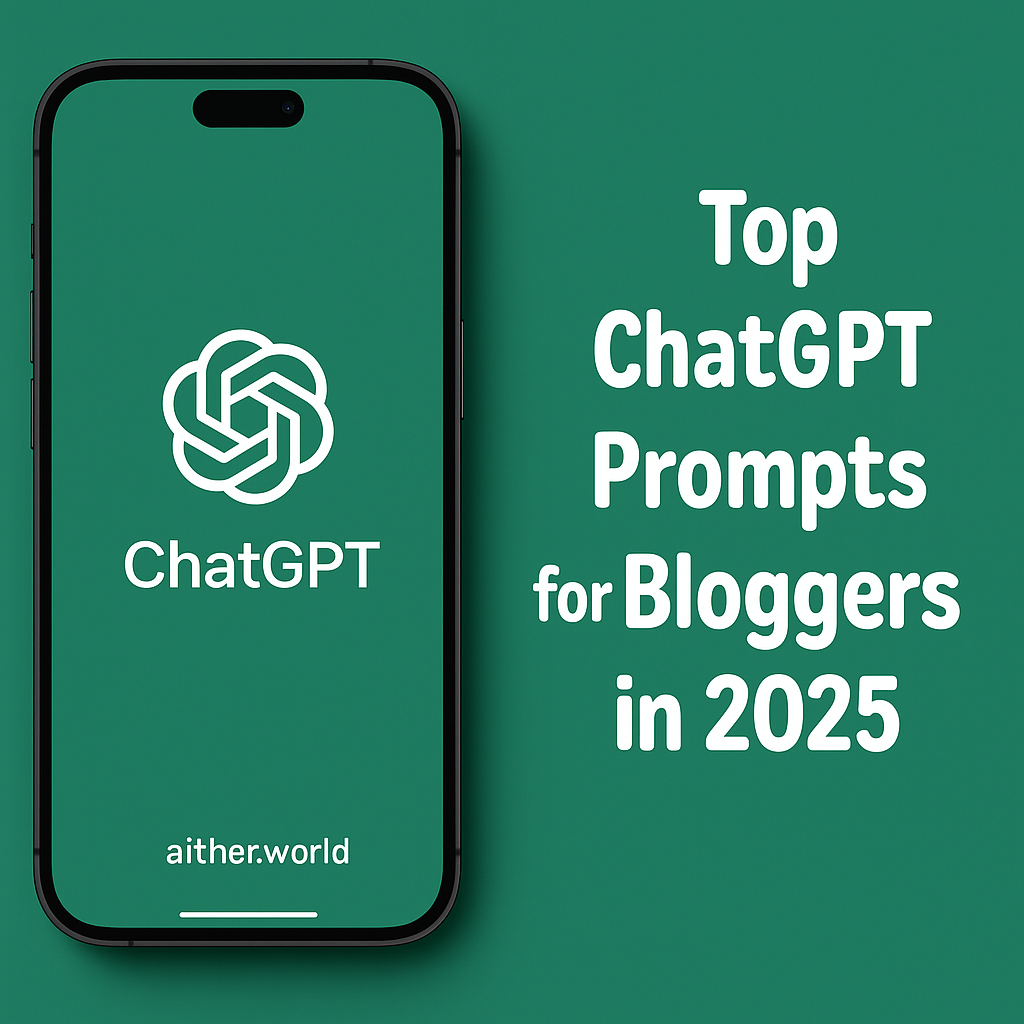The deputy director of a liberal project at Yale Law School was put on leave over allegations that she is linked to Samidoun, a group the U.S. government has said funds terrorists.
Helyeh Doutaghi, a scholar in international law, began a new job in 2023 as the deputy director of a project at Yale Law School. As an activist who had championed pro-Palestinian causes in both published papers and public appearances, Dr. Doutaghi seemed to fit into the left-leaning mission of the Law and Political Economy Project, which promoted itself as working for "economic, racial and gender equality."
Last week, though, she was abruptly barred from Yale's campus in New Haven, Conn., and placed on administrative leave. She was told not to advertise her affiliation with the university, where she had also served as an associate research scholar.
Yale officials cited the reason as allegations that she was tied to entities subject to U.S. sanctions. It was an apparent reference to Samidoun, a pro-Palestinian group placed on the U.S. sanctions list last year, after the Treasury Department designated it a "sham charity" raising money for a terrorist organization, the Popular Front for the Liberation of Palestine.
The decision came three days after a news site, powered at least in part by artificial intelligence, published a story about Dr. Doutaghi's connections to the group.
The news site called her a member of a terrorist group, citing postings referring to appearances she made on panels at Samidoun-sponsored events, but a lawyer for Dr. Doutaghi said she is not a member of Samidoun, a global organization that sponsors meetings and protests supporting Palestinian causes.
In an interview, Dr. Doutaghi, 30, called herself a "loud and proud" supporter of Palestinian rights. "I am a scholar," she said, adding, "I am not a member of any organization that would constitute a violation of U.S. law."
Check this out:
In a statement Tuesday, Yale Law School described the allegations against Dr. Doutaghi as reflecting "potential unlawful conduct."
"We take these allegations extremely seriously and immediately opened an investigation into the matter to ascertain the facts," said the statement, issued by Alden Ferro, a spokesman for Yale Law. "Such an action is never initiated based on a person's protected speech."
Dr. Doutaghi said the actions against her are part of an attempt to silence scholars. "This is the type of thing that happens under fascist dictatorships, which Donald Trump is trying to establish," she said in the interview.
The article about Dr. Doutaghi was published on March 2 on Jewish Onliner. On its website and on Substack, Jewish Onliner says it is "empowered by A.I. capabilities." It does not identify any reporters on its site.
An effort to reach Jewish Onliner for comment elicited a response from "JO," which identified itself as an A.I. assistant developed by Jewish Onliner. Later, emails from the site said that, while it uses A.I. to enhance research, fact-checking and rapid content creation, the final edits are done by humans.
The identities of the news site's staff were kept private out of concern for "professional repercussions, doxxing, etc.," the site said.
Eric Lee, the lawyer representing Dr. Doutaghi, also questioned the reliability of Jewish Onliner's reporting in correspondence with Yale.
In his letter last week placing Dr. Doutaghi on administrative leave, Joseph M. Crosby, Yale's senior associate dean, raised concerns about her activities. "As you are aware, the university is reviewing serious allegations regarding your activities with various entities that are subject to U.S. sanctions," said the letter, dated March 5, which was reviewed by The New York Times.
The swift action against Dr. Doutaghi illustrates the tightrope American universities are walking as the Trump administration takes aim at higher education. Yale's peer institution, Columbia, lost $400 million in federal funding last week after being named on a list of schools accused of tolerating antisemitism. On Monday, the Trump administration announced that Yale was among 60 schools that could face funding cuts if federal investigations show evidence that they have permitted antisemitic behavior.




































